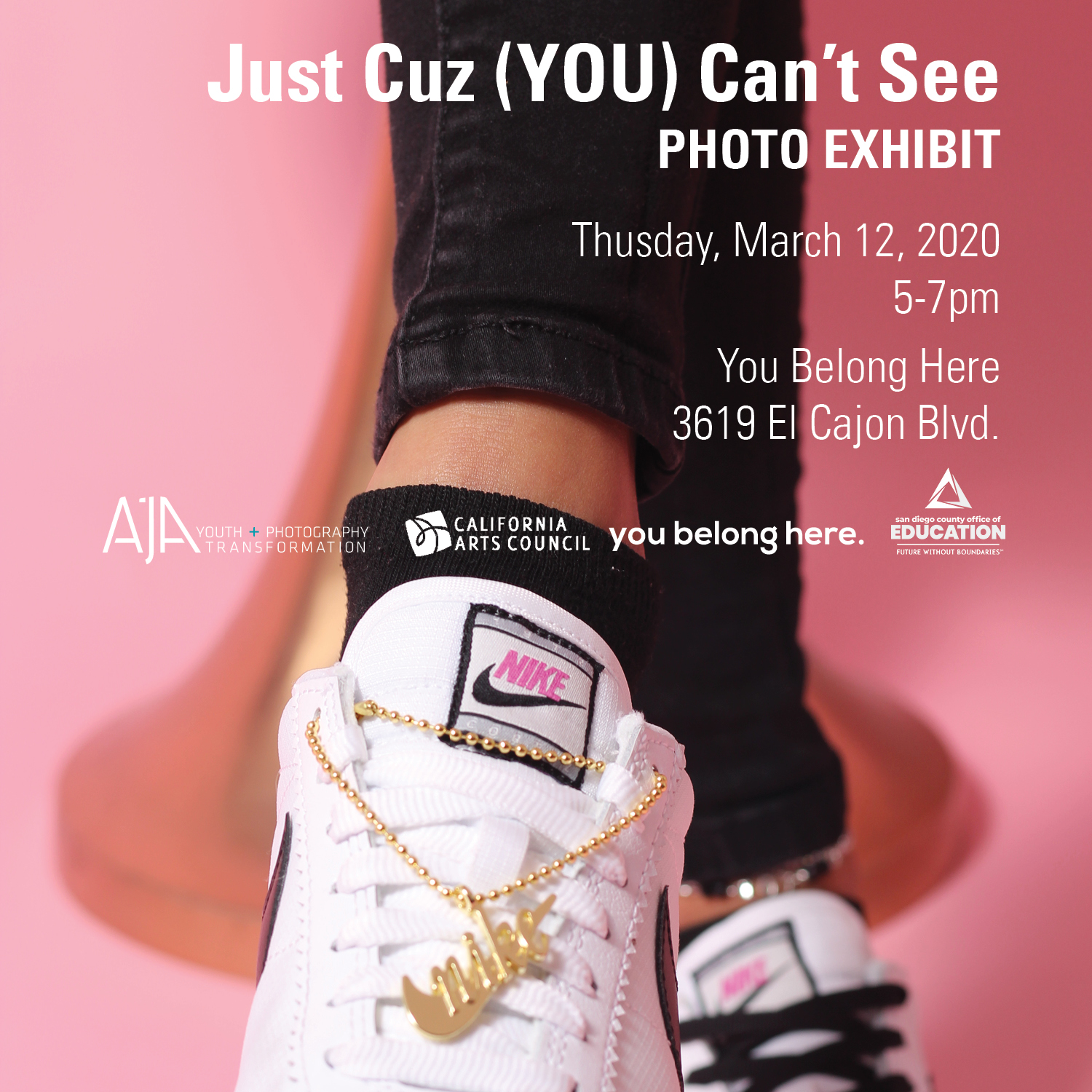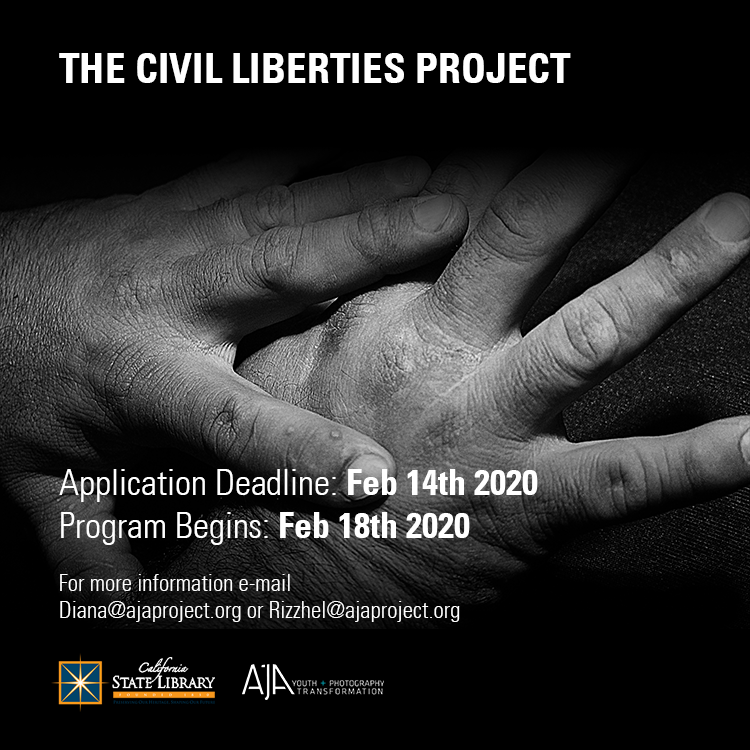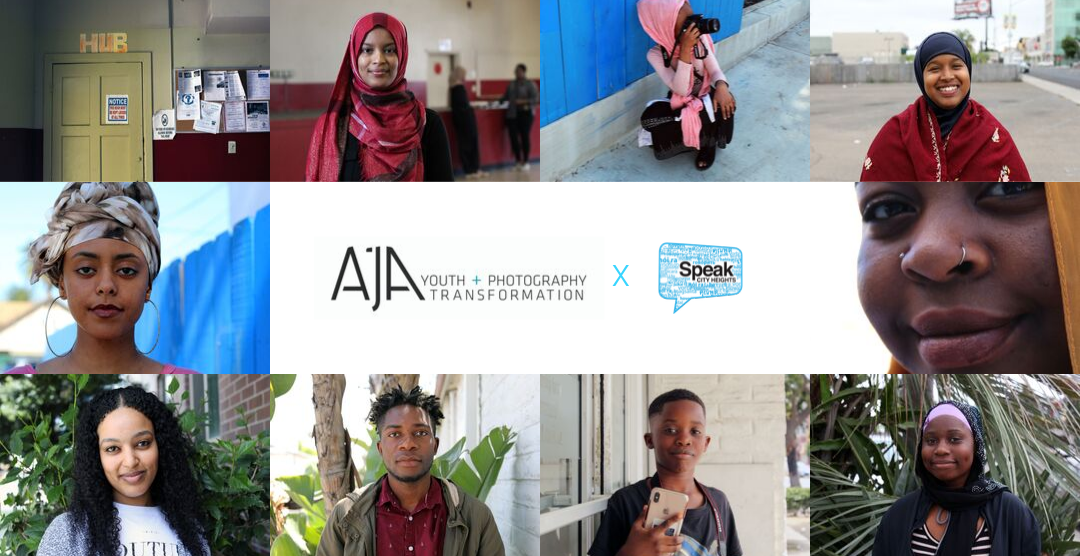For generations black women have been forced to conform to society’s Eurocentric beauty ideas. Holding space for these women, who have been degraded and discriminated against for wearing their hair naturally, is critical. These spaces give black women the opportunity to lift one another up and have relevant conversations about this issue. People who are not black and have not experienced discrimination based on their hair texture, often find this issue difficult to understand. There is inequality in the fact that black women are forced to assimilate into Eurocentric standards in order to have access to the resources they need to survive and thrive. This photo essay is an
opportunity to elevate the voices of women within the City Heights community who have faced adversity due to discrimination for wearing their hair naturally.
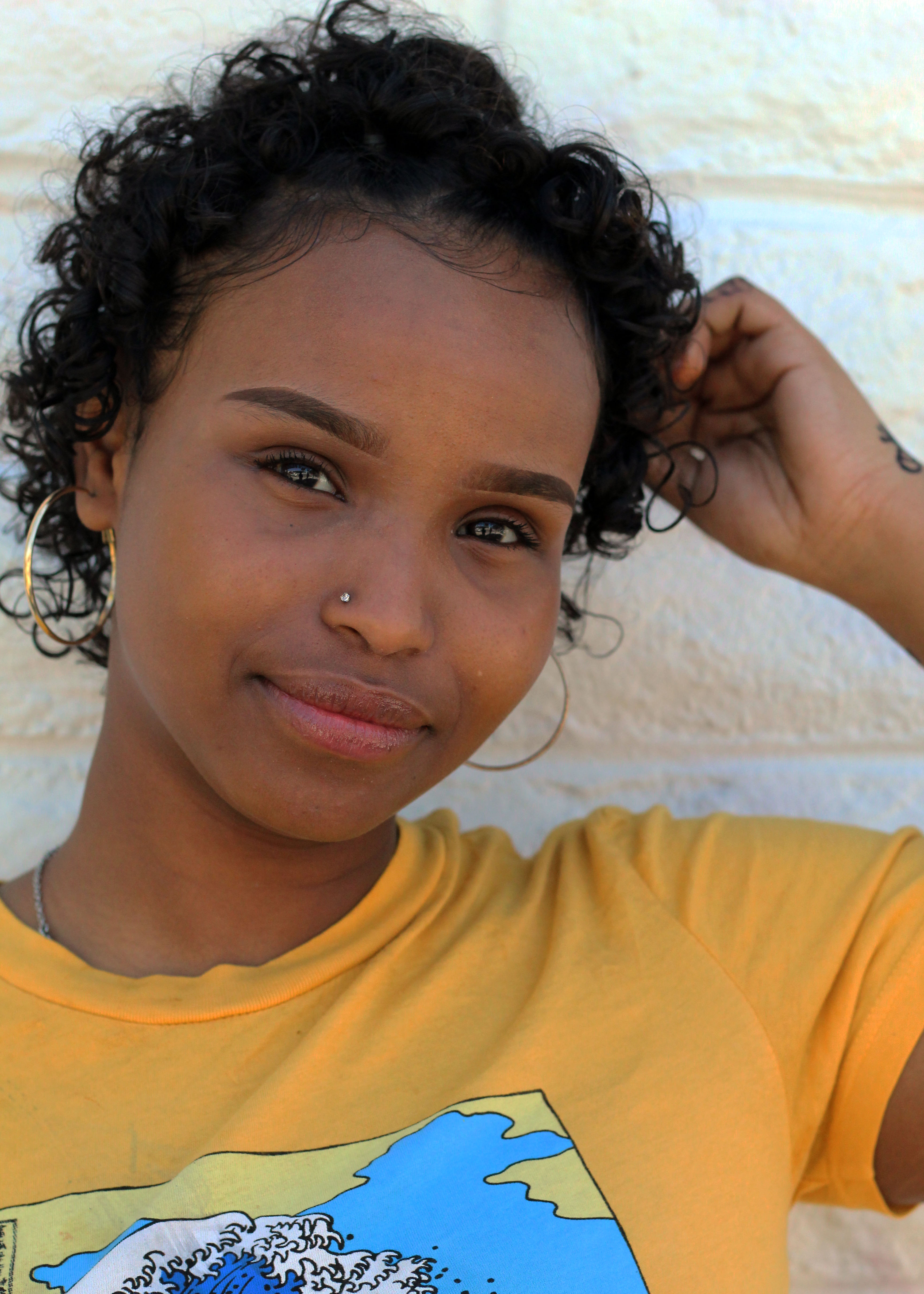
“Our hair is our roots. It’s where we come from, it’s our background, our ancestors; it’s basically an extension of the kind of person you are. You have to treat you hair the same way you would treat any other part of your body. Treat it as a temple. Everyone’s hair is different and curly hair is obviously more difficult to manage. There are different styles, so you just have to find the ones that work for you. You have to fill your hair with the same love and care you would give to anyone else.” – Sumaya Ahmed, City Heights Resident and Harris-Stowe State University student majoring in Biology and Pre-Med
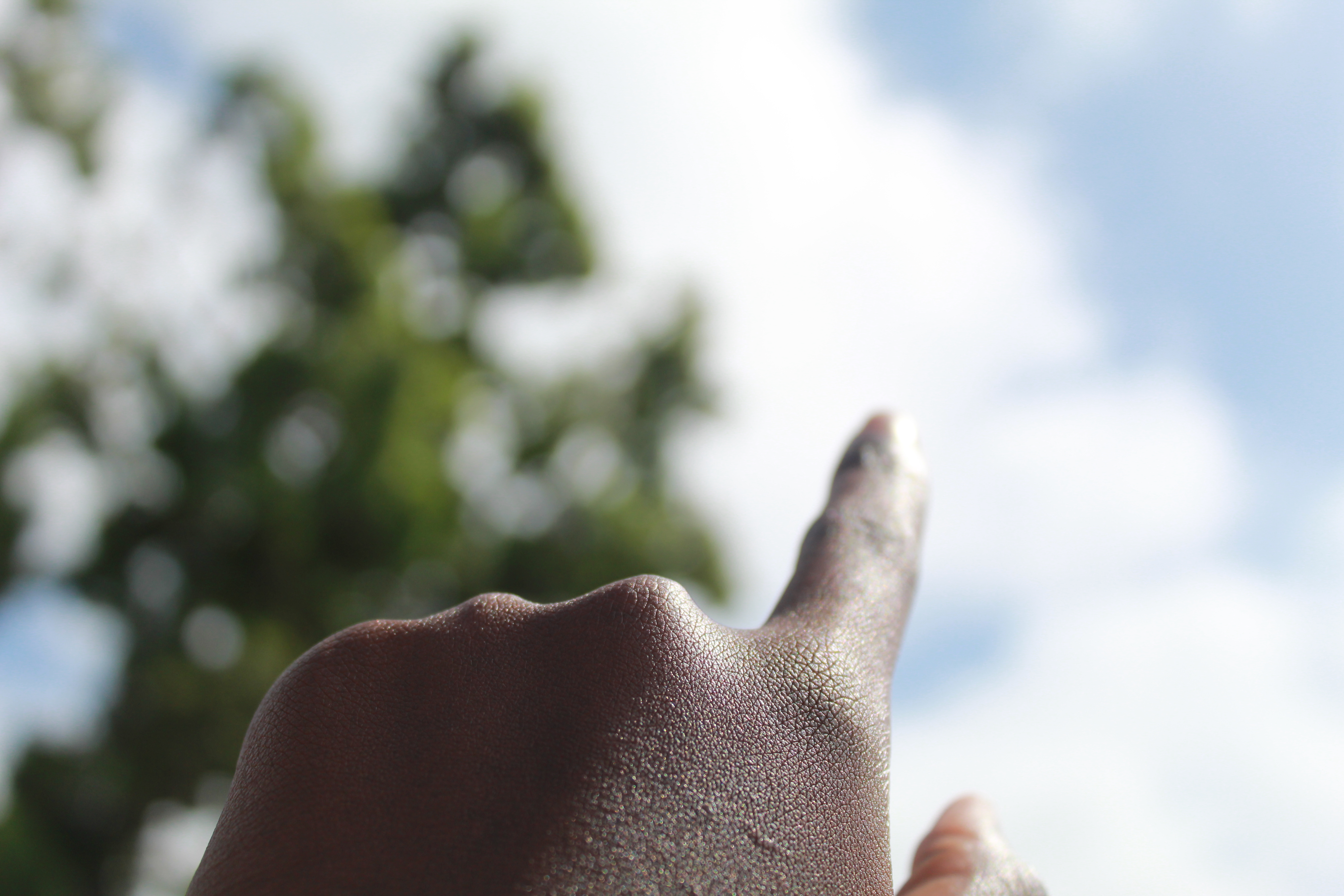
I wish someone would have helped me prepare because it’s kind of hard to go through with it. Everything just seems so far fetched and it’s hard to imagine what you would look like when your hair is cut off, where you want it to be in the end, and everything in between. — Sumaya Ahmed, City Heights Resident and Harris-Stowe State University student majoring in Biology and Pre-Med
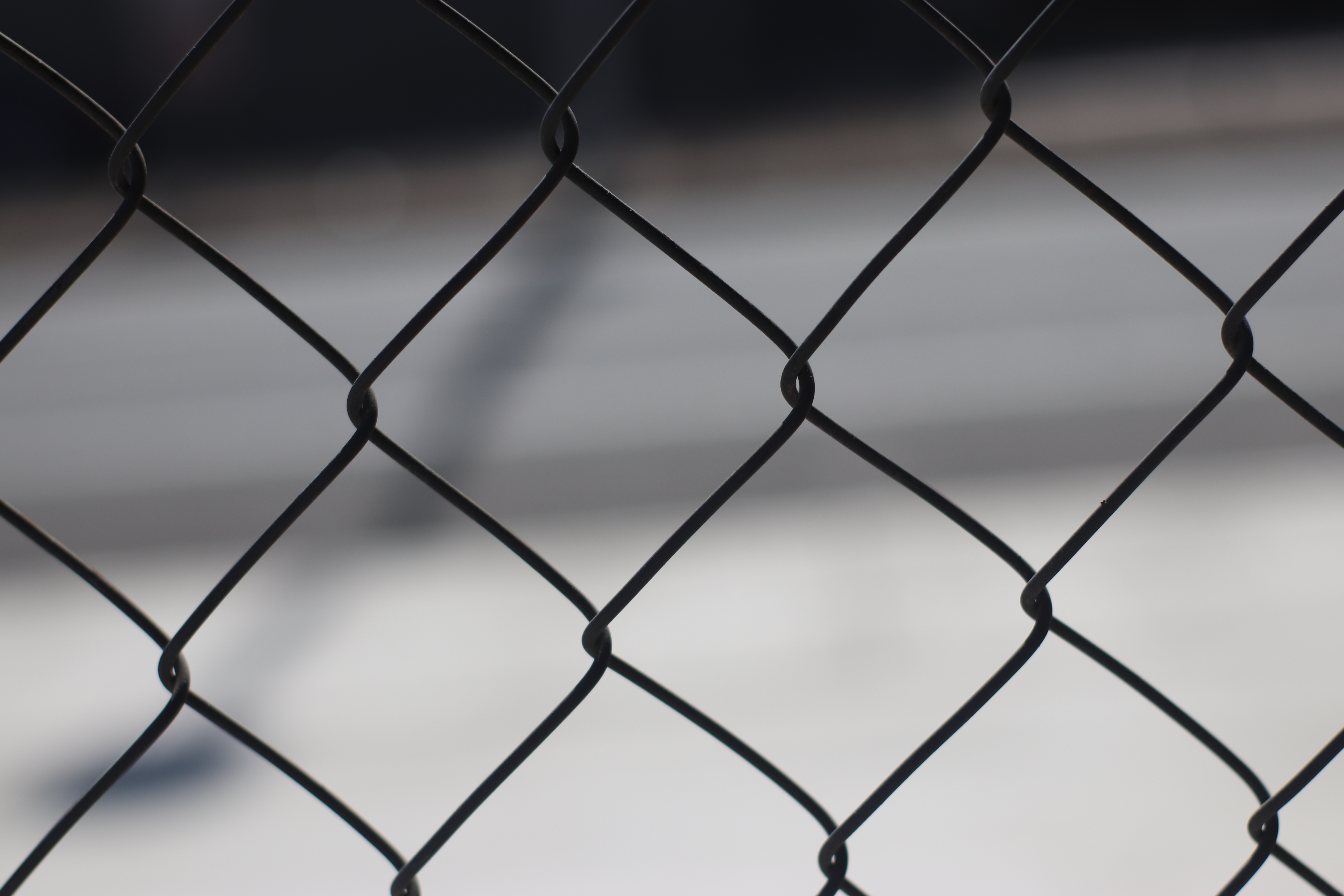
“A lot of people don’t understand the ramifications for black people who do wear their hair naturally. Black hair is seen as dirty or associated to dealing drugs, which makes no sense to me at all. It is criminalized. People who wear their hair naturally are seen as criminals or thugs . The kinkier your hair is the closer you are to being a criminal.” — Hayatt Yasin Former Youth Coordinator for United Women of East Africa and International Business student at California State University, Los Angeles
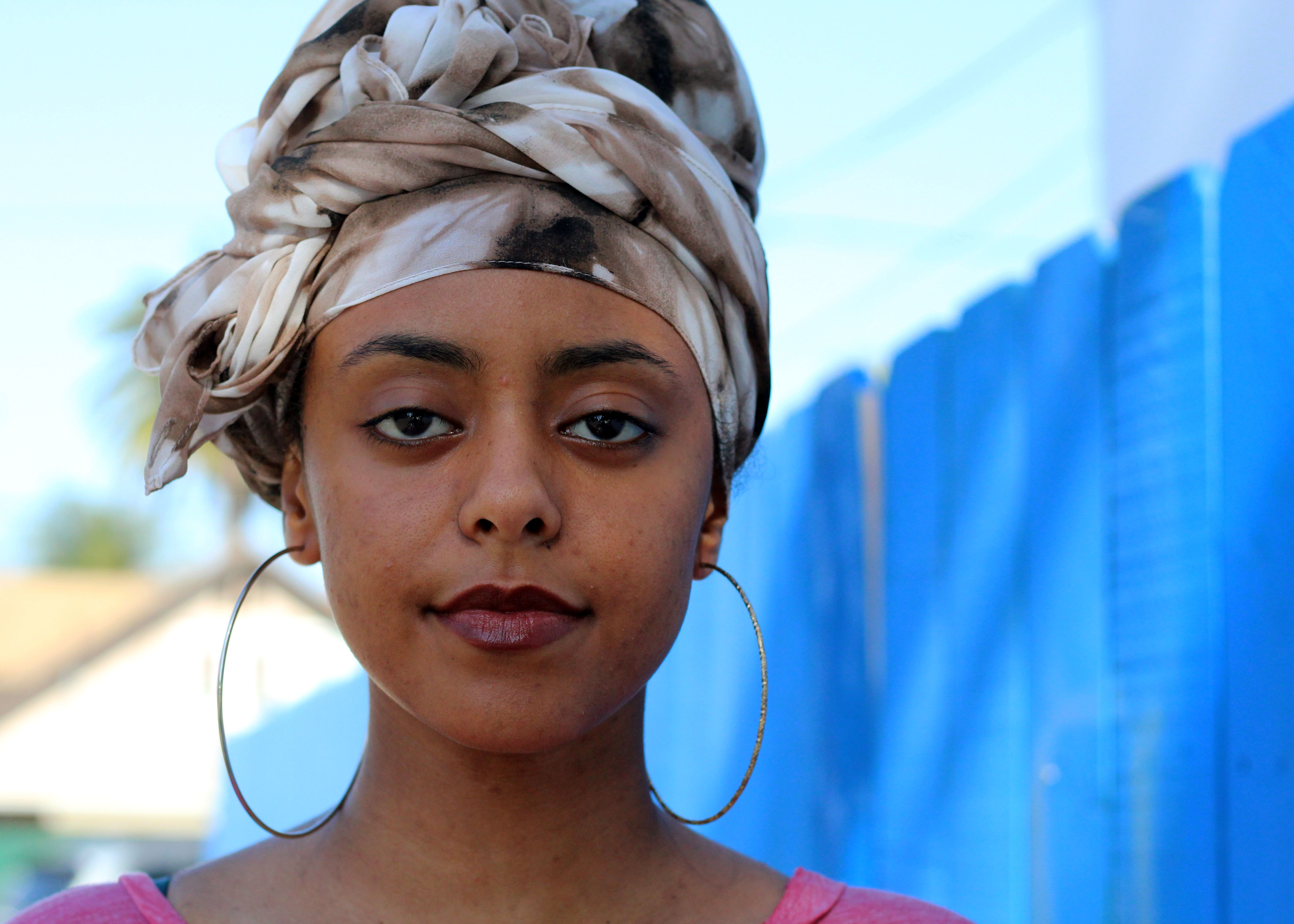
Peniel Shebi is a City Heights resident and third year nursing student at Grossmont College. She has been natural since the ninth grade. Shebi chose to go natural because she realized how tiring it was to keep up with making sure her hair was straightened all the time.
“It just became so stressful,” Shebi said. “I felt like I was too scared to go out with my natural hair and that’s not normal. Other people don’t have to deal with that. They are able to walk out of the house with their hair in its natural state, so I felt like it was time for me to go natural.”
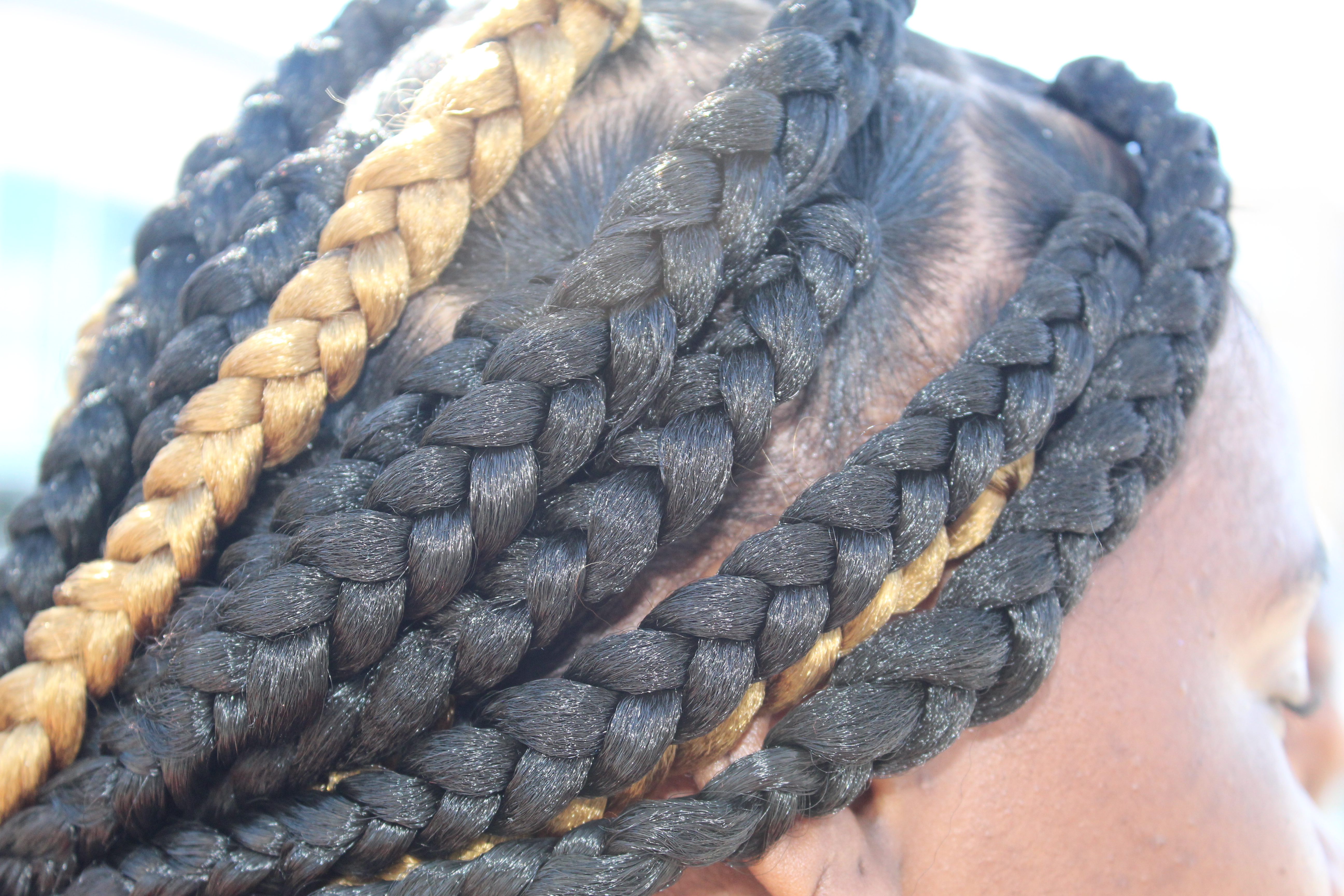
How is it fair that someone like me whose culture developed the hair style is not allowed to wear the style without being discriminated against, but anyone else is (allowed to wear the style) because of (their) skin color or the texture of (their) hair.– Peniel Shebi, City Heights Resident and third year nursing student at Grossmont College
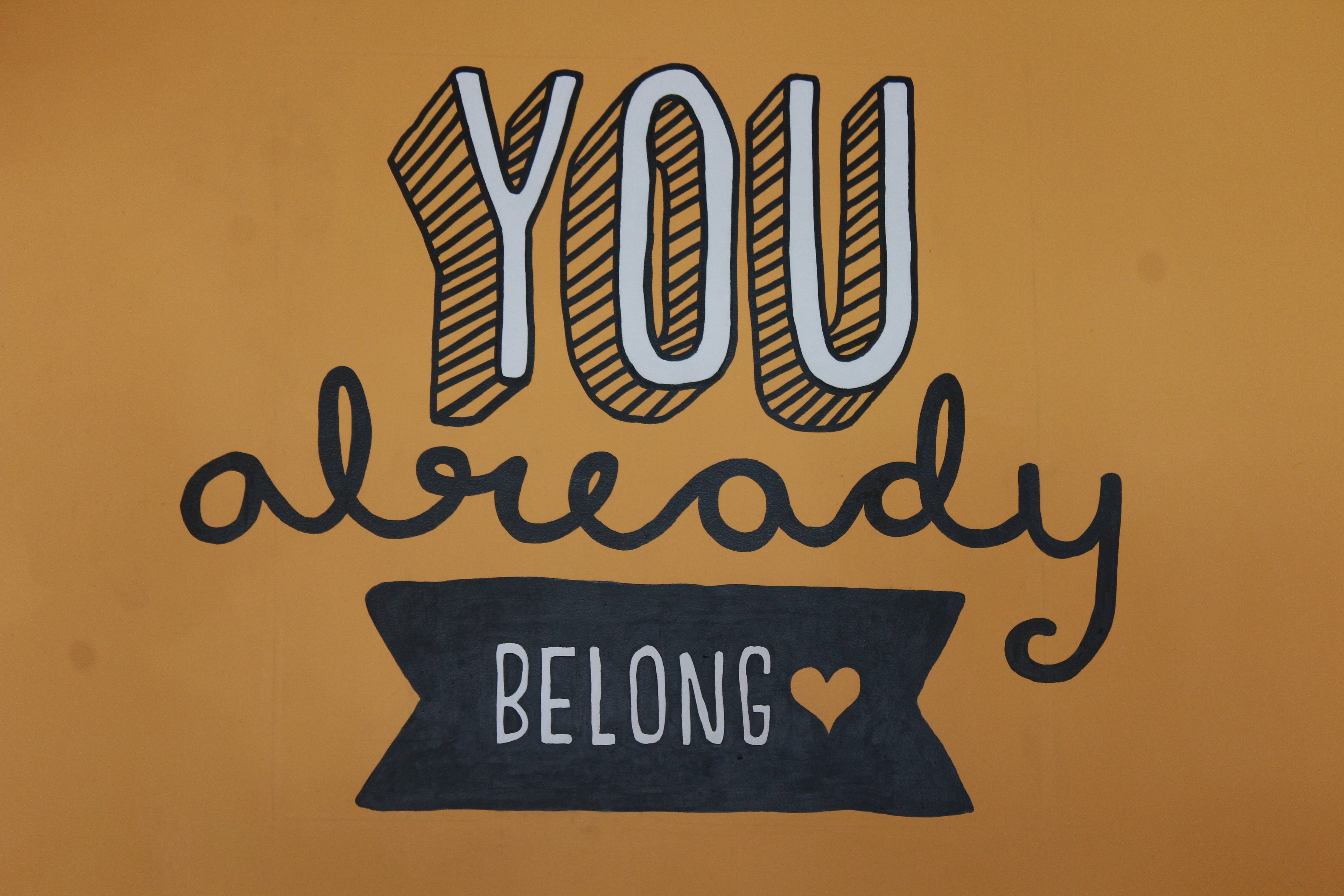
The movement was originally made for women with 4C hair but as it has become more mainstream and I feel like we only see one type of person being showcased and they typically look like me. They usually have slimmer noses, looser curl pattern, or lack of a curl pattern in general. I’ve seen light skin black girls with straight hair become spokespeople for the natural hair movement and I am just like, what are you doing this is not your movement. I would like for the movement to be more exclusive to dark skin women with 4C hair because they experience texturism in a more extreme manner. They need this movement to feel like they are being heard and the favoritism shown towards looser hair textures today isn’t fulfilling the original purpose of the movement. The movement needs to be made more exclusive to dark skin women with 4C hair because they are the ones who are treated the worst within the community. — Hayatt Yasin, Former Youth Coordinator for United Women of East Africa and International Business student at California State University, Los Angeles
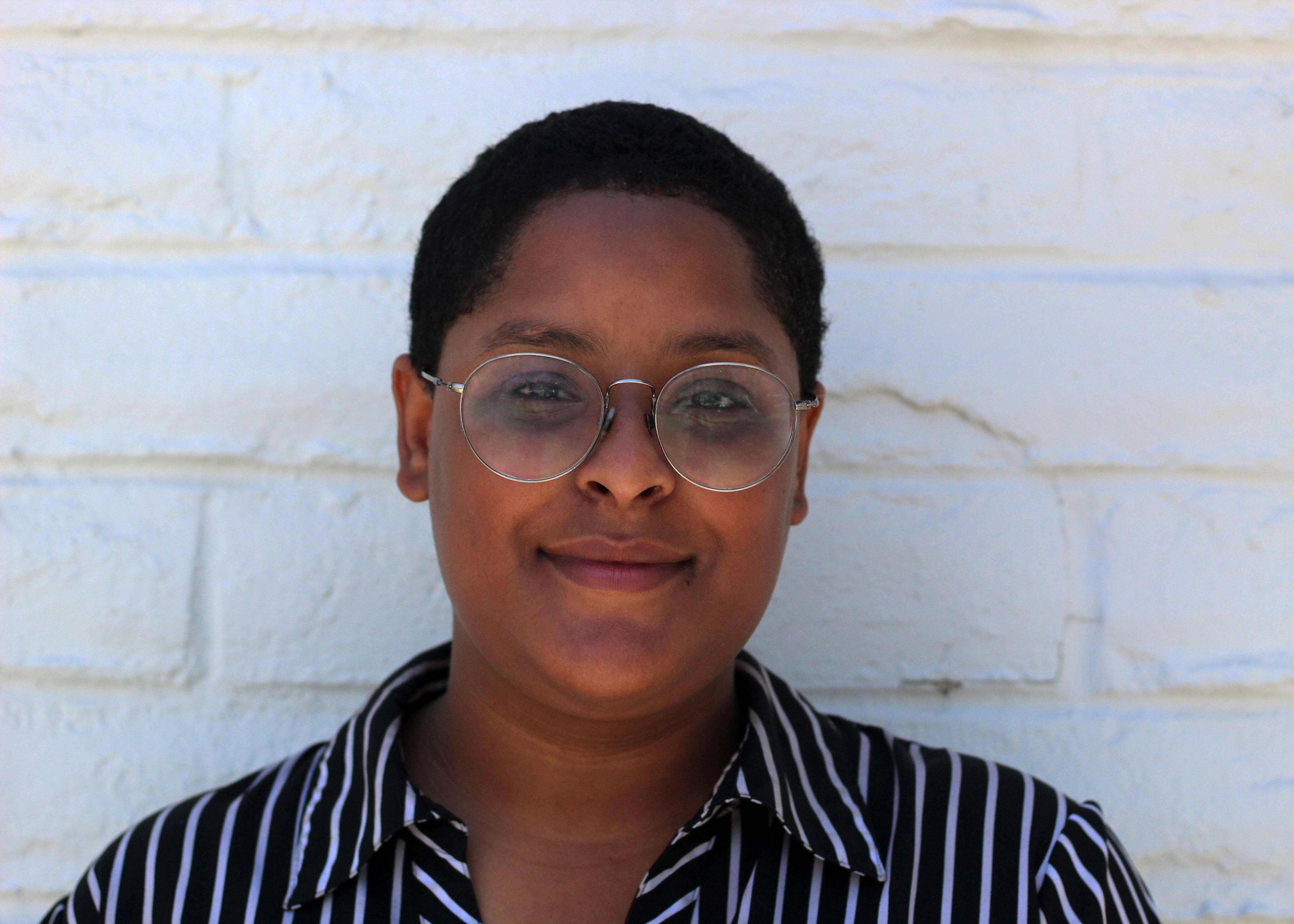
Peniel Shebi is a City Heights resident and third year nursing student at Grossmont College. She has been natural since the ninth grade. Shebi chose to go natural because she realized how tiring it was to keep up with making sure her hair was straightened all the time.
“It just became so stressful,” Shebi said. “I felt like I was too scared to go out with my natural hair and that’s not normal. Other people don’t have to deal with that. They are able to walk out of the house with their hair in its natural state, so I felt like it was time for me to go natural.”
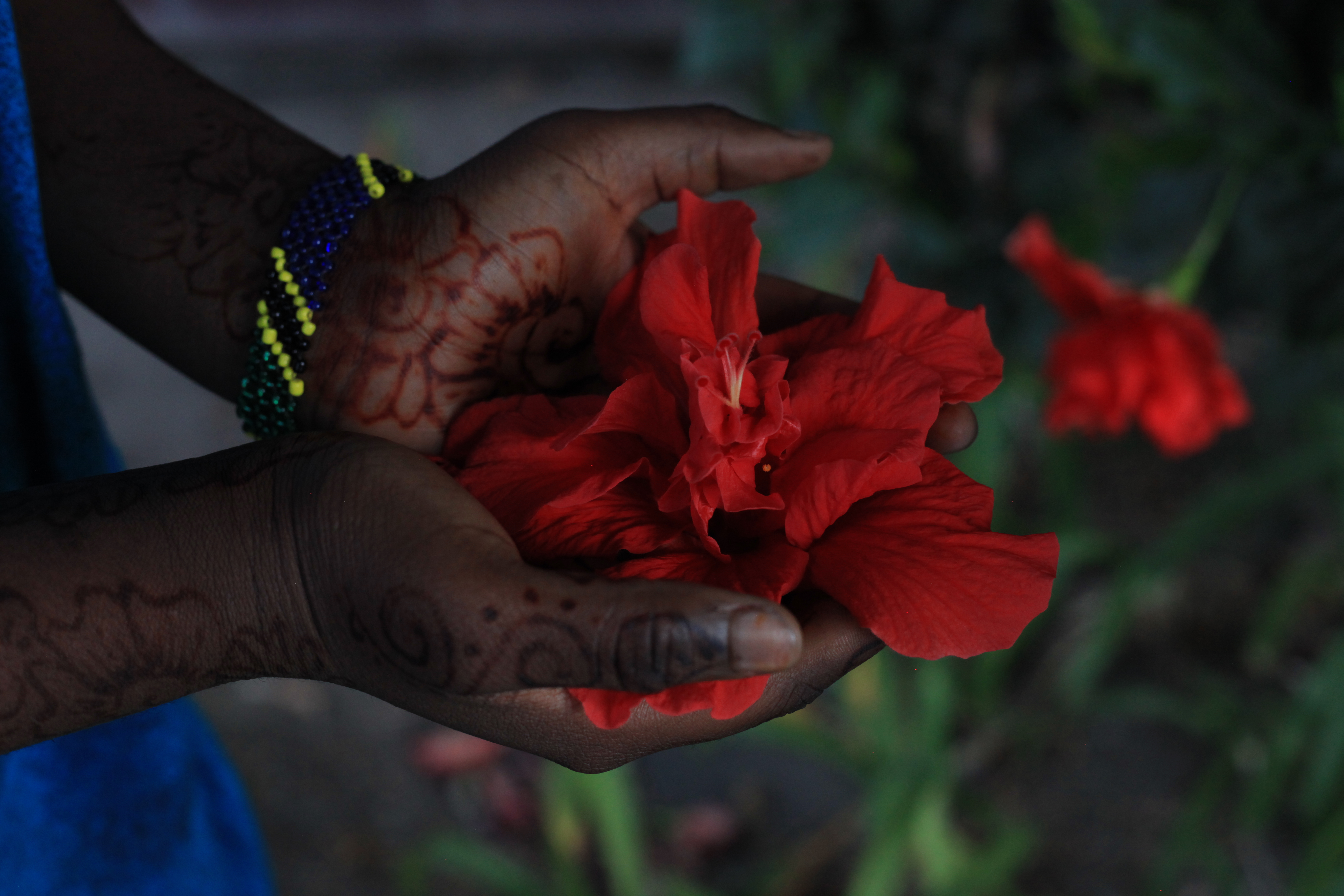
Cultural appropriation, defined by the Cambridge dictionary as “the act of taking or using things from a culture that is not your own, especially without showing that you understand or respect this culture,” is a large issue due to the fact that dominant social groups that hold privilege are the ones who appropriate culture from the minority social groups that they regularly oppress.
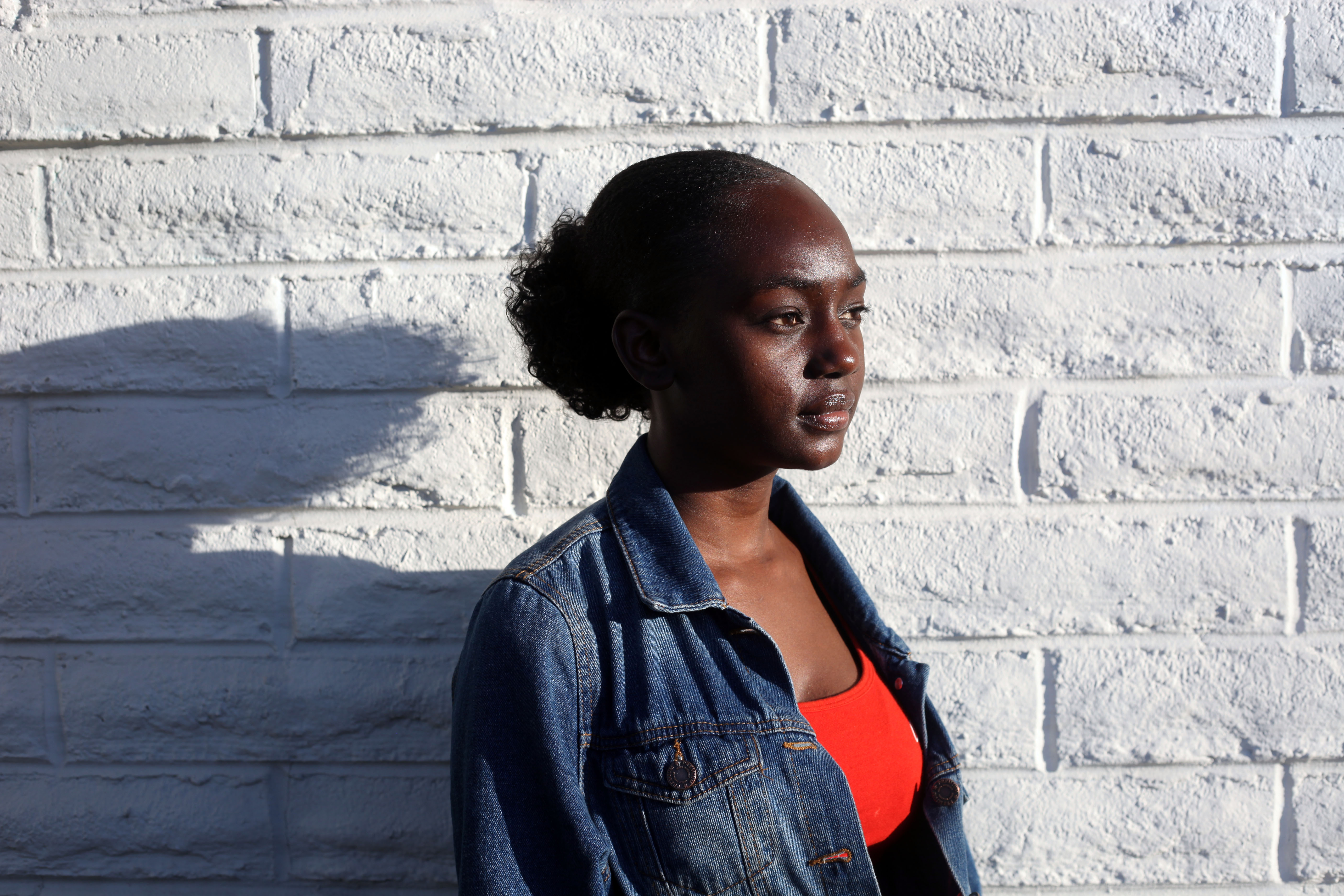
“My hair is good hair. It is Manageable. It exceeds all limits and I will continue to work on loving it because it makes me the person I am today. It shows the journey I have gone through to find self love and that journey will never end. It’s more than just hair, It’s my identity.”- Halima Musa, City Heights resident for 15 years, Speak City Heights Youth Media Lab participant, a Psychology student at Grossmont College, and Co- President for City Heights Youth for Change.


